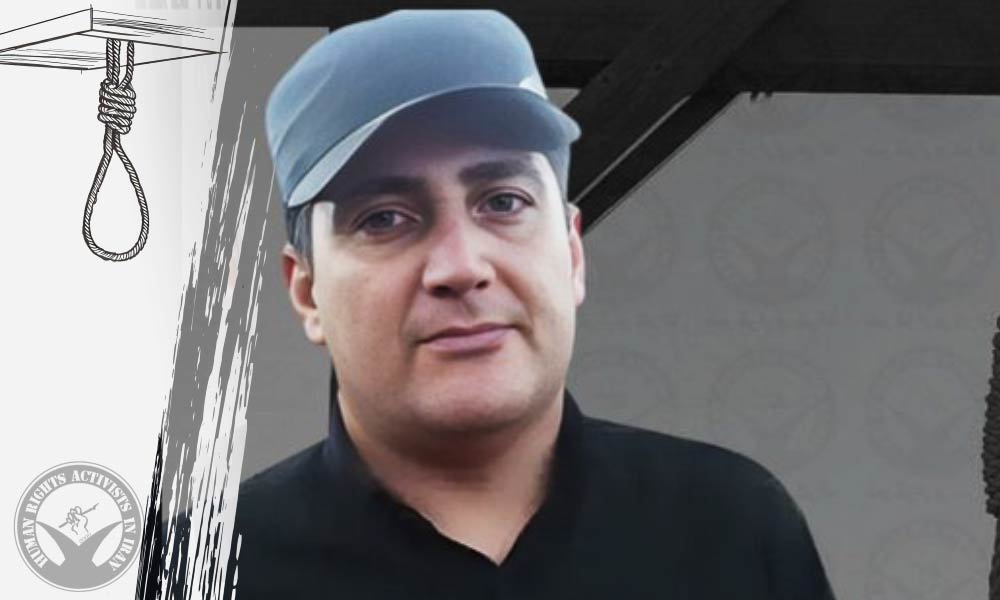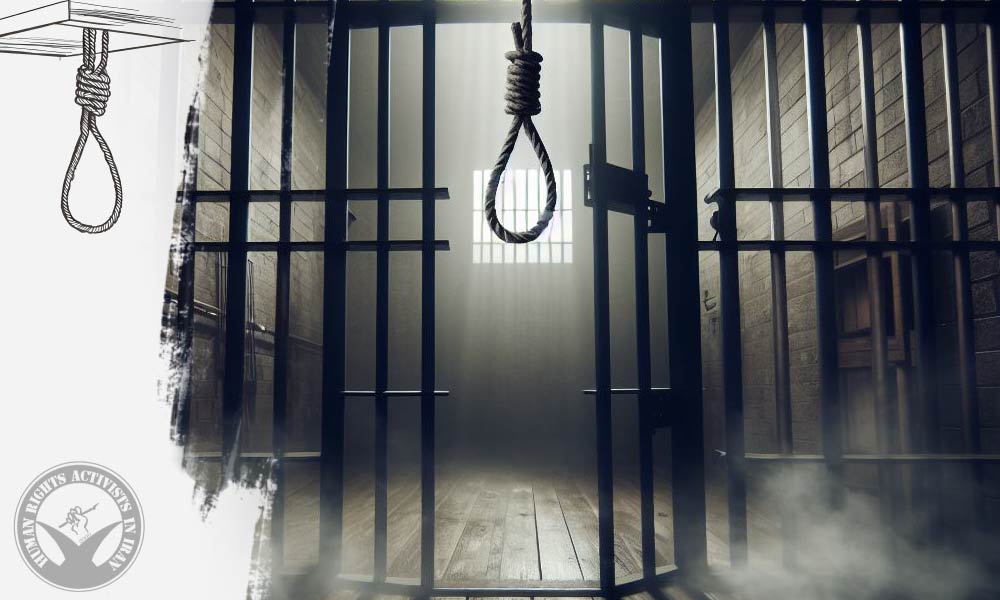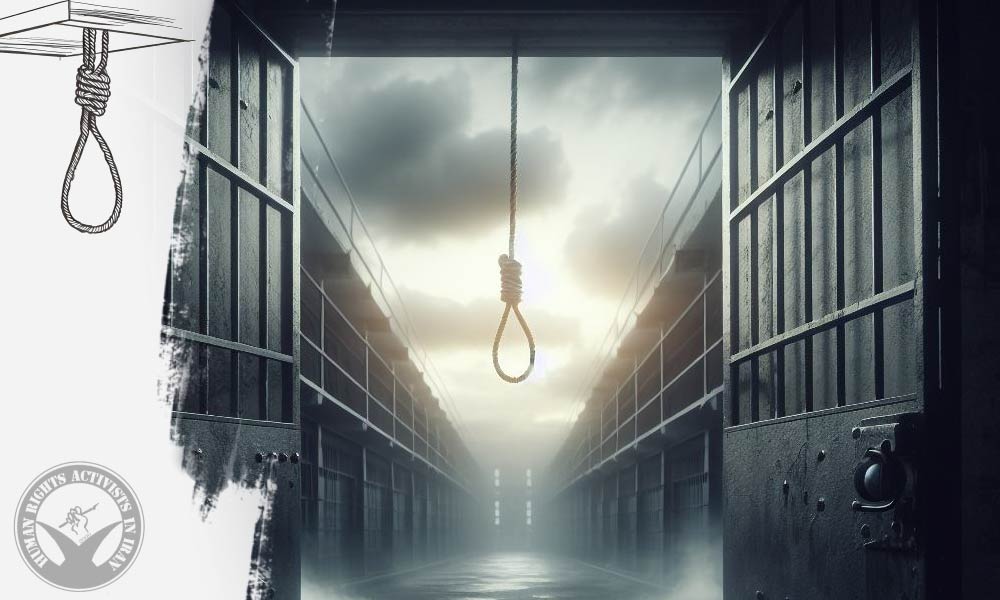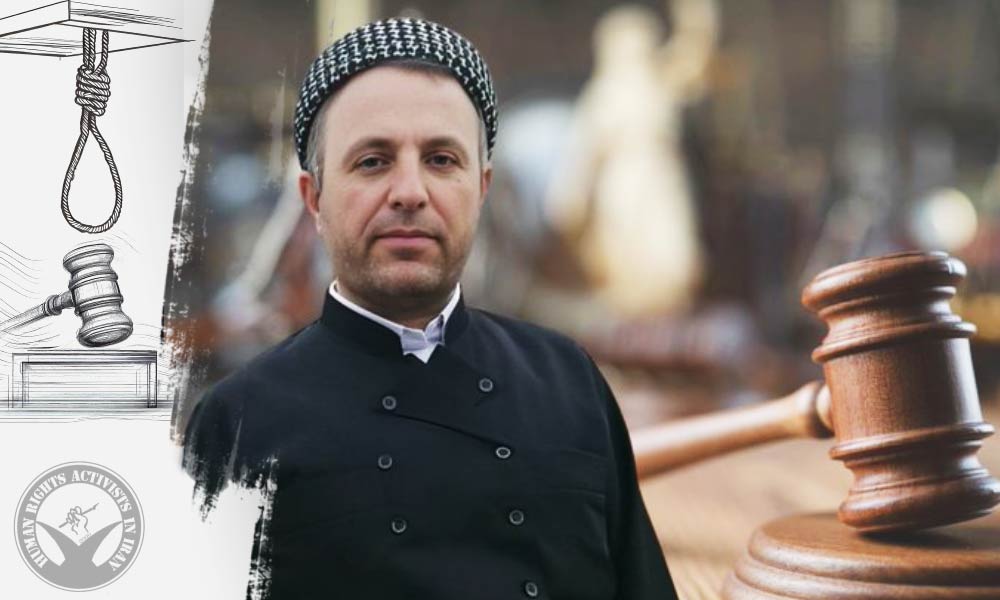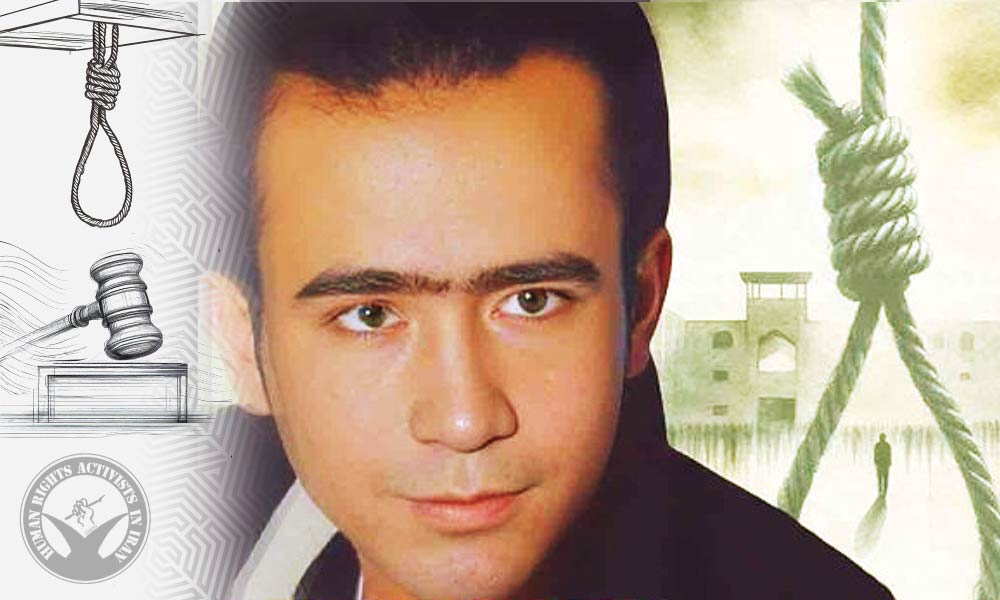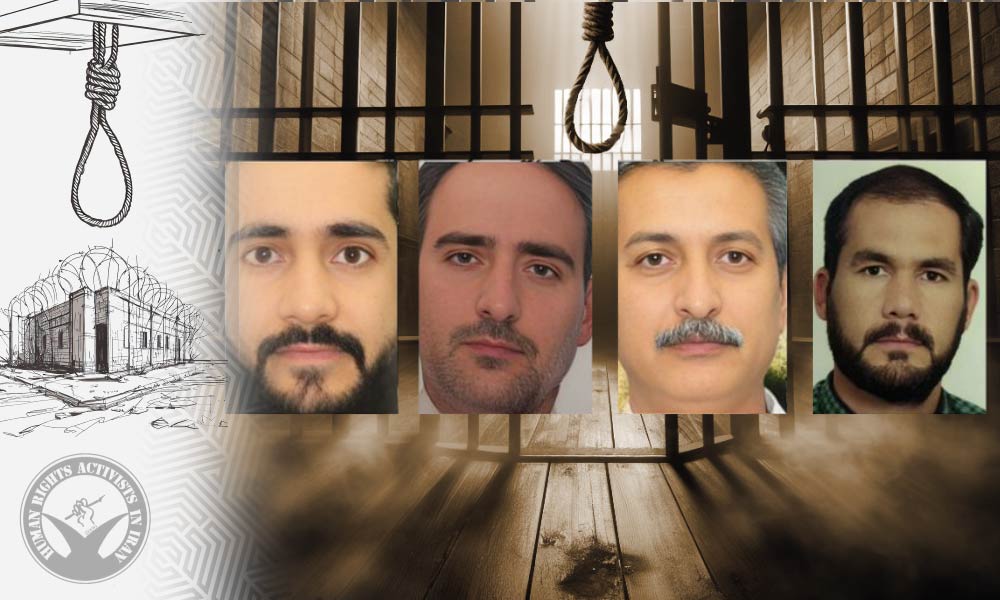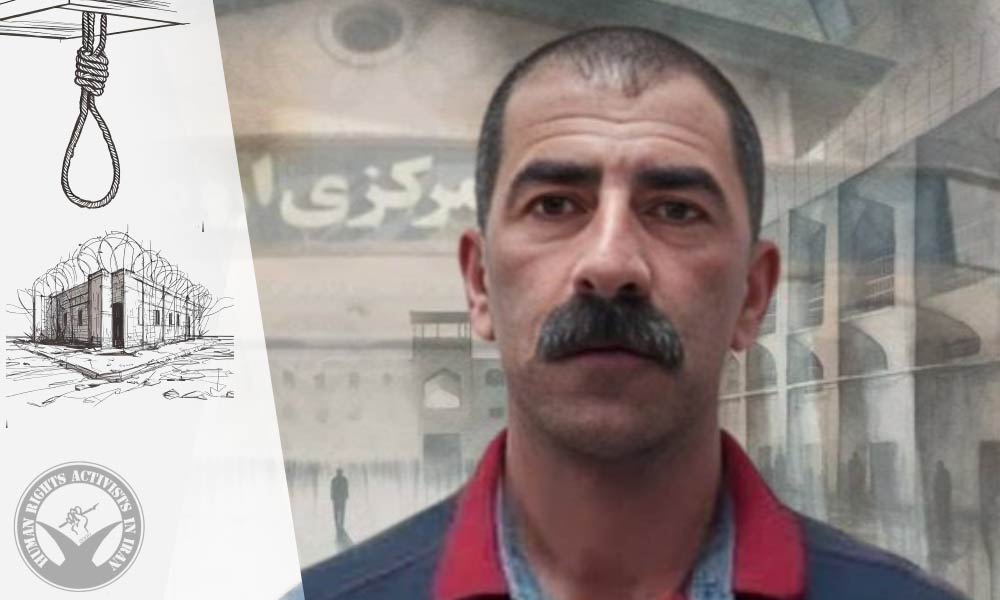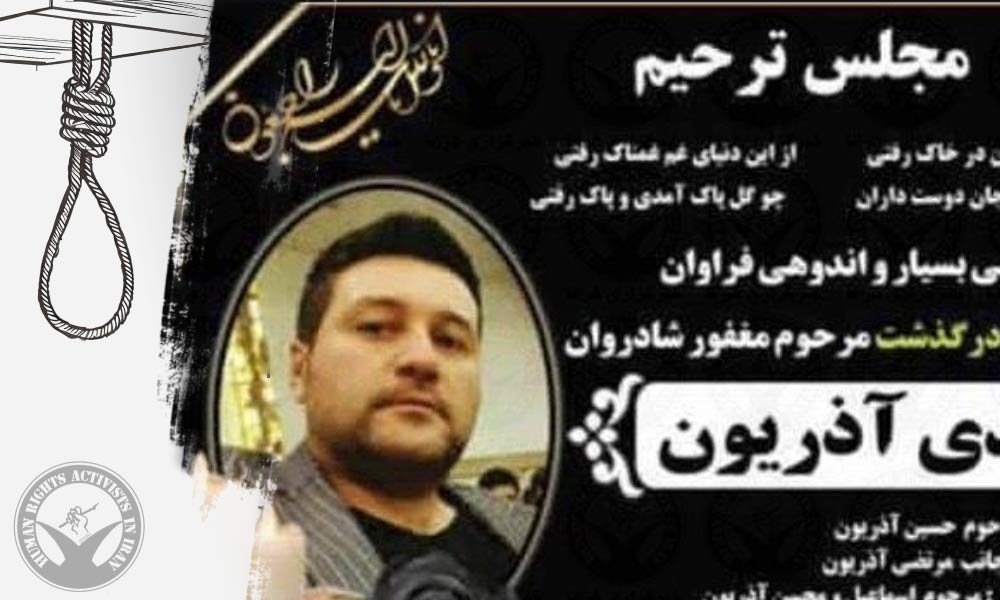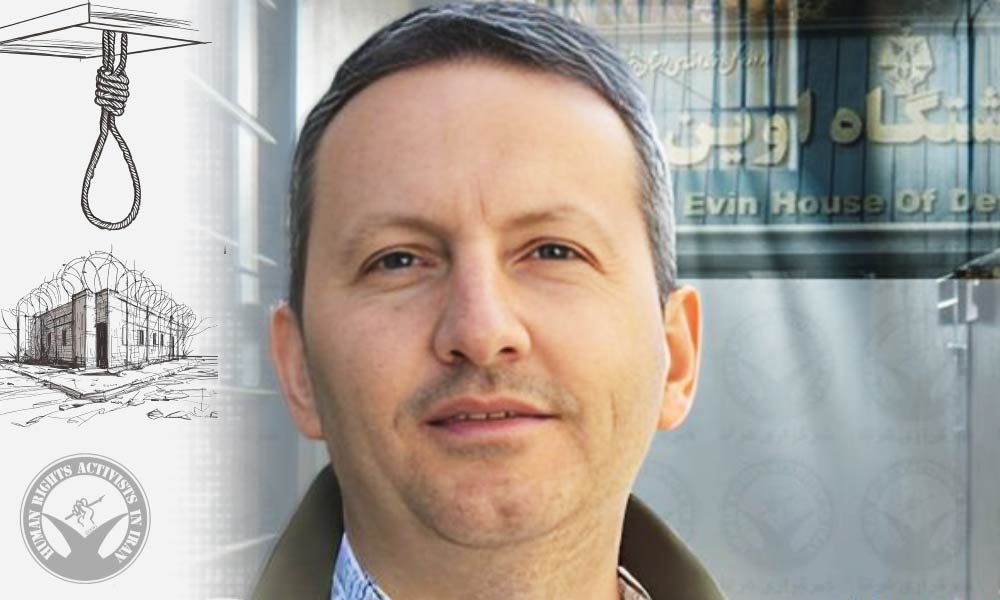The Human Rights Activists News Agency (HRANA) – HRA has reported a concerning increase in the number of death sentences in the Islamic Republic, reaching a 12-month peak with 35 individuals sentenced to death in January 2024 alone.
According to documentation recorded by the Human Rights Activists in Iran (HRA) statistics team, the Islamic Republic witnessed a significant uptick in the issuance of death sentences in January 2024, with 35 individuals sentenced to capital punishment—the highest recorded in more than 12 months, and a total of 86 individuals executed.
January 2024 was also marked by the heinous execution of Mohammad Ghobadlou. Ghobadlou was executed in connection with the “Women, Life, Freedom” protests. His case gained international attention due to reports of mental illness and trials lacking any semblance of due process.
In Iran, the death penalty is routinely imposed following trials that fall short of due process guarantees, in a judicial system that lacks transparency and impartiality, and for crimes that do not amount to the most serious crimes under international law. The continued use of the death penalty in this manner amounts to a grave violation of the right to life under article 6 of the ICCPR.
Additionally, and noteworthy in the case of Mohammad Ghobadlou, the imposition of the death penalty on individuals with mental disorders is strictly prohibited under international law, as reiterated by Section 3(e) of the UN Commission on Human Rights Resolution (2000/85).
An examination of the execution of death sentences and the issuance of death sentences spanning from January 2023 to January 2024 demonstrates that the number of executions consistently surpasses the number of new death sentences issued. This disparity is evident and suggests an apparent backlog.
Iran continually ranks among the highest in the world in terms of capital punishment despite international calls for the abolishment of the death penalty, in particular for crimes that do not amount to the most serious crimes under international law. It is evident that the Islamic Republic refuses to head the calls of the international community. Members of Iran’s judiciary, complicit in its utter lack of compliance with international human rights standards, must continue to be held accountable through various international accountability mechanisms such global Magnitsky style sanctions regimes that designate judges, interrogators, and members of law enforcement for their involvement in the continued use of capital punishment as a means to victimize and silence.
| Date | Execution of the death sentence | Death sentence |
| Jan-23 | 63 | 23 |
| Feb-23 | 46 | 15 |
| Mar-23 | 35 | 20 |
| Apr-23 | 19 | 11 |
| May-23 | 136 | 14 |
| Jun-23 | 49 | 9 |
| Jul-23 | 64 | 11 |
| Aug-23 | 67 | 5 |
| Sep-23 | 24 | 12 |
| Oct-23 | 78 | 16 |
| Nov-23 | 108 | 11 |
| Dec-23 | 107 | 16 |
| Jan-24 | 86 | 35 |




